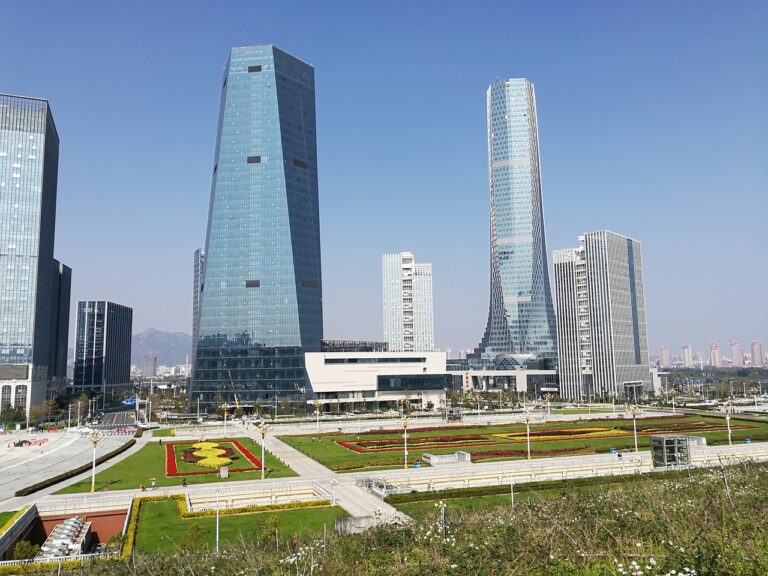Trends in Sustainable Agriculture: Organic Farming and Urban Agriculture Initiatives
Sustainable agriculture focuses on enhancing agricultural practices to preserve and protect the environment, while also ensuring the long-term viability of farming. By promoting the use of eco-friendly methods such as crop rotation, integrated pest management, and conservation tillage, sustainable agriculture aims to minimize the impact on natural resources and ecosystems. This approach recognizes the interconnectedness of agriculture, the environment, and society, seeking to create a balance that benefits both current and future generations.
In addition to environmental benefits, sustainable agriculture also contributes to economic resilience and social well-being. By adopting sustainable practices, farmers can reduce production costs, increase crop resilience to climatic changes, and improve soil health. Moreover, sustainable agriculture promotes local food systems, fosters community engagement, and supports rural livelihoods, contributing to food security and economic stability.
Benefits of Organic Farming
Organic farming offers numerous benefits that contribute to environmental sustainability. By avoiding the use of synthetic pesticides and fertilizers, organic farmers protect biodiversity and reduce pollution in soil and water systems. Additionally, organic farming practices promote healthy soil by using natural methods such as crop rotation and composting, leading to improved soil structure and nutrient retention. This not only benefits the environment but also results in healthier produce for consumers.
Furthermore, organic farming supports the well-being of farmworkers and local communities. Without exposure to harmful chemicals, farmers and workers in organic farms have lower health risks and a safer working environment. Additionally, organic farming encourages local economies by promoting smaller-scale farming practices and direct sales to consumers. This fosters community relationships and ensures fair wages for farmers, contributing to sustainable livelihoods and rural development.
Challenges in Urban Agriculture
Urban agriculture faces numerous challenges that hinder its growth and sustainability. Limited space in urban areas poses a significant obstacle for establishing and expanding agricultural practices. High real estate costs often result in the prioritization of commercial or residential development over land for agricultural purposes. Furthermore, competition for land use in urban areas can lead to conflicts and zoning issues that make it difficult for urban farmers to secure suitable spaces for cultivation.
Another challenge in urban agriculture is access to resources such as water and proper waste management. Urban environments often lack convenient access to water sources for irrigation, making it necessary for farmers to find alternative methods that may be costly or unsustainable in the long term. Additionally, the disposal of organic waste generated from urban farming poses a challenge as traditional waste management systems may not be equipped to handle the volume or type of agricultural waste produced in a city setting.
– Limited space in urban areas hinders agricultural practices
– High real estate costs prioritize commercial or residential development over agriculture
– Competition for land use leads to conflicts and zoning issues for urban farmers
– Lack of convenient access to water sources for irrigation
– Disposal of organic waste from urban farming is a challenge with traditional waste management systems
What is sustainable agriculture?
Sustainable agriculture is a method of farming that focuses on producing food in a way that is environmentally friendly, socially responsible, and economically viable in the long term.
What are some benefits of organic farming?
Organic farming practices promote soil health, biodiversity, and reduce the use of synthetic chemicals, leading to healthier ecosystems and potentially healthier produce for consumers.
What are some common challenges in urban agriculture?
Some common challenges in urban agriculture include limited access to land, soil contamination, zoning regulations, limited water resources, and lack of education and resources for urban farmers.
How can urban agriculture help address food insecurity in cities?
Urban agriculture can help increase access to fresh, locally grown produce in underserved communities, provide employment opportunities, and promote food sovereignty and self-sufficiency.







